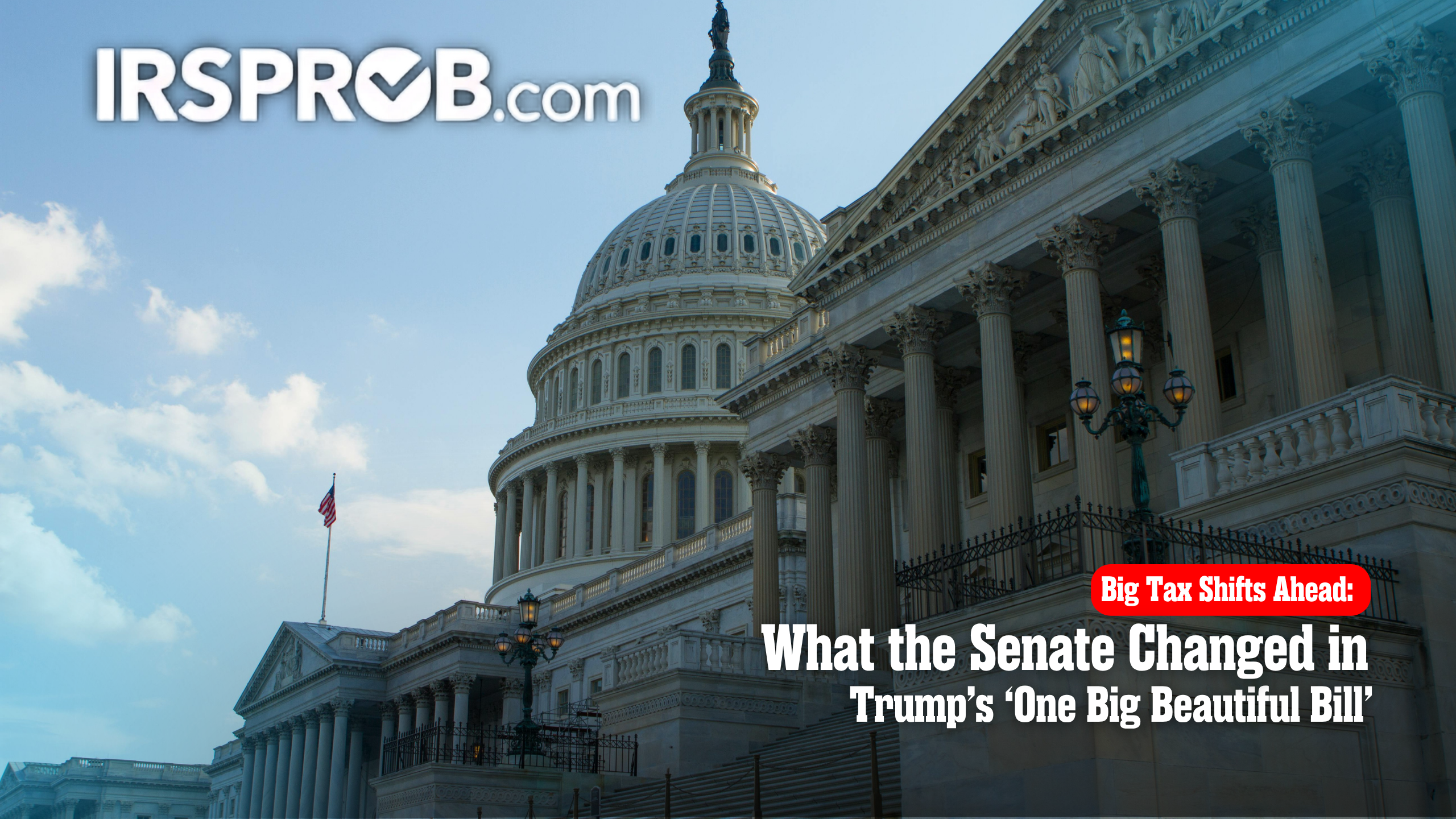[vc_row][vc_column][vc_column_text]
Paying federal income tax on most forms of income is a necessary evil, but the IRS can add insult to injury.
Don’t incur costly penalties. They could easily result in hundreds or thousands of extra tax dollars on your tax bill. There are numerous tax penalties written into the tax code—the list is actually too long to go into here—but we’ve highlighted four of the most expensive.
1. Unpaid payroll taxes:
If you’re found to be responsible for unpaid payroll taxes withheld from employee paychecks, you may be personally liable for an amount equal to 100% of the unpaid tax liability. This onerous “trust fund penalty” provision is often called the “100% penalty” The penalty hits small business owners, even if you officially designate someone else for the job. Liability may be avoided only if you can show that the failure to deposit the taxes was due to “reasonable cause” and not “willful neglect.” Be absolutely certain that Uncle Sam is paid on time.
2. FBAR filings:
You must file an FBAR (Report of Foreign Bank and Financial Accounts) with the Treasury Department’s Financial Crimes Enforcement Network if you had an interest in foreign financial accounts with an aggregate value exceeding $10,000 anytime during the prior year. This requirement is meant to discourage taxpayers from hiding funds in offshore accounts. The penalties for failing to file an FBAR are steep. If the violation is deemed willful, you may be assessed a fine equal to the greater of $100,000 or 50% of the balance in the account for each violation. Even greater penalties apply to acts of fraud or providing false information. Worst of all, you could be sentenced to a prison term of up to five years (ten years for an obstruction of justice).
3. Retirement account required minimum distributions:
Generally, you must begin taking annual required minimum distributions from qualified plans and traditional IRAs by April 1 of the year after the year you turn age 72. The amount of the annual RMD is based on IRS life expectancy tables and the account value on the last day of the previous year. If you don’t comply, the IRS may impose a penalty equal to a whopping 50% of the difference between the required amount and the lesser amount actually withdrawn, if anything.
4. Early retirement account withdrawals:
If you take an early withdrawal from a qualified plan or IRA before age 59½, you owe a 10% penalty tax on top of the regular income tax hit. However, the tax law is riddled with exceptions from the 10% penalty. The list includes “substantially equal periodic payments” from qualified plans and IRAs. Be aware that certain exceptions are limited to just qualified plans or IRAs.[/vc_column_text][us_image image=”3524″][/vc_column][/vc_row]








